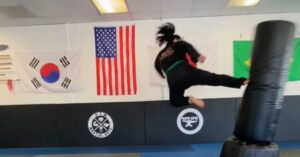
Adoptee Story: David B. Bohl
Adoptee Story:
David B. Bohl born in the United States, adopted in the United States
INTRO: Fellow adoptee David shares his story with us. He talks about the moment he learned shame in connection to his adoption, as well as the confusion and hurt in that. A hurt that could not and should not be ignored, because ignoring it just fuels the fire of shame…
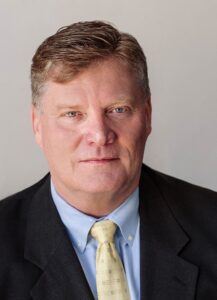
“David’s Story
I’ve been two people my entire life. I don’t have a dissociative personality disorder—I’m just a regular guy whose reality is that I am a relinquishee and adoptee, and a person in long-term recovery from alcoholism. In the past my perception was so warped I had to occupy a few Parallel Universes: worlds that collided with each other, but that were also able to contain a person made out of two people. Until I made those worlds connect and interlock, living a split existence almost killed me: I was terrified of confronting my reality; its darkness.
There’s an old Cherokee fable called “Tale of Two Wolves.” It goes as follows:
“One evening, an elderly Cherokee brave told his grandson about a battle that goes on inside people. He said “my son, the battle is between two ‘wolves’ inside us all.
One is evil. It is anger, envy, jealousy, sorrow, regret, greed, arrogance, self-pity, guilt, resentment, inferiority, lies, false pride, superiority, and ego.
The other is good. It is joy, peace love, hope serenity, humility, kindness, benevolence, empathy, generosity, truth, compassion and faith.”
The grandson though about it for a minute and then asked his grandfather, ‘Which wolf wins?’
The old Cherokee simply replied, ‘The one that you feed.’”
It’s a beautiful fable, but I don’t agree entirely. It is possible to free yourself from the bad wolf—such as the evil of trauma—but starving it won’t work. Your darkness is part of you. Even if you manage to starve the wolf, there will still be a skeleton left behind. A skeleton is not closure—there’s no such thing as closure: we only have context and from context comes wisdom. For me, starving the bad wolf would mean I’d ignore my past, my authentic self, which means I’d ignore reality and the fact that I am a human being who had been relinquished and traumatized by it. I would ignore the fact that I was also drinking myself to death.
When I was six years old, I told two friends that I was adopted. It was never a secret in my family, and it felt normal, although I understood that it made me unique. I’d look at my family members—most of them olive-skinned, dark-haired – and I’d look at myself in the mirror with my freckled face and red hair. But our difference didn’t bother me. It didn’t bother me until the day I confessed my adoption to two friends. Their shock was so palatable that I urged them to my house so that my mother would confirm the secret I just shared with them. At first, I thought their shock came from being impressed—as if I told them I could fly—but as my adoptive mother cheerfully explained that it was indeed true, I saw shadows of pity, even revulsion, cross my friends’ faces. In that moment I learned about shame. I needed to hide and never reveal my true self. Revealing true self was dangerous.
There’s always a moment when something in an alcoholic person’s life shatters. It’s a point of no-return. For me, that point was that revelation of my adoption. It introduced capital-S Shame into my life—a thing so huge it overshadowed everything. The world became a giant microscope and I felt observed, scrutinized because I was different. I felt like a freak.
I drank over it—alcohol helped to quiet my brain; it provided instant connections between people and I no longer felt like an outsider, like there was anything to be ashamed of. I belonged. Until the next morning and another hangover.
The stories of alcoholics are very different, yet they are similar in that we’ve all drank over that moment—moments—when something broke within us. As an adult, I ignored the fact that I was relinquished—or rather, I didn’t want to know about my origins, but once I confronted that reality, I could no longer drink in peace.
I got sober at the age of 45 after a seizure that forced me to dig up the records of my birth—I had to know my medical history. And then there she was: Miss Karen Bender, who died at the age of 56. She was a red-headed coed, a flight attendant, a mother to three daughters and two sons—one, me, relinquished—and, eventually, a half-ghost drinking herself to death in a heap of old blankets in a rented storage . Her lonely heart gave out in a homeless shelter. She died alone, isolated like a sick animal, hiding from the world. Not wanting to bother anyone. No one around to see her final departure. Her shame.
She was the bad wolf or, rather, she was a tragic wolf. But instead of starving the memory of her, I dug deeper and it helped me to become a survivor whose heart started to heal once I got context and clarity about where I came from and who I was. And even then, I sometimes still felt like an outsider. Yet I wanted to live the kind of life that didn’t depend on adapting. I understood reality and the two wolves that informed it. I had my own family, I was learning my origins. There was darkness in my past but there was also healing that stemmed from it. There was joy, too, and freedom— I was connecting with people in genuine way; no longer through the haze of shame and unhealthy coping mechanisms. The Reality that I found triumphs over Shame, its capital S getting smaller and smaller as I now live as a man who is whole.
David B. Bohl, author of the memoir Parallel Universes: The Story of Rebirth, is an independent addiction consultant who fully understands the challenges faced by so many who seek to escape from, or drown their pain through, external means. His story offers hope to those struggling with the reality of everyday life in today’s increasingly stressful world.
Through his private practice substance use disorder consulting business, Beacon Confidential LLC, David provides independent professional consultation, strategic planning, motivation and engagement, care coordination, recovery management and monitoring, and advocacy services to individuals, families, and organizations struggling with substance use issues and disorders.“
Amanda Medina
About Us
This Adoptee Life is a place where adoptees can explore their story, share their experience, and express what they’ve lived through—supported by a community that understands.

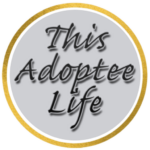
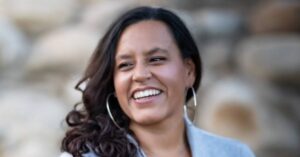


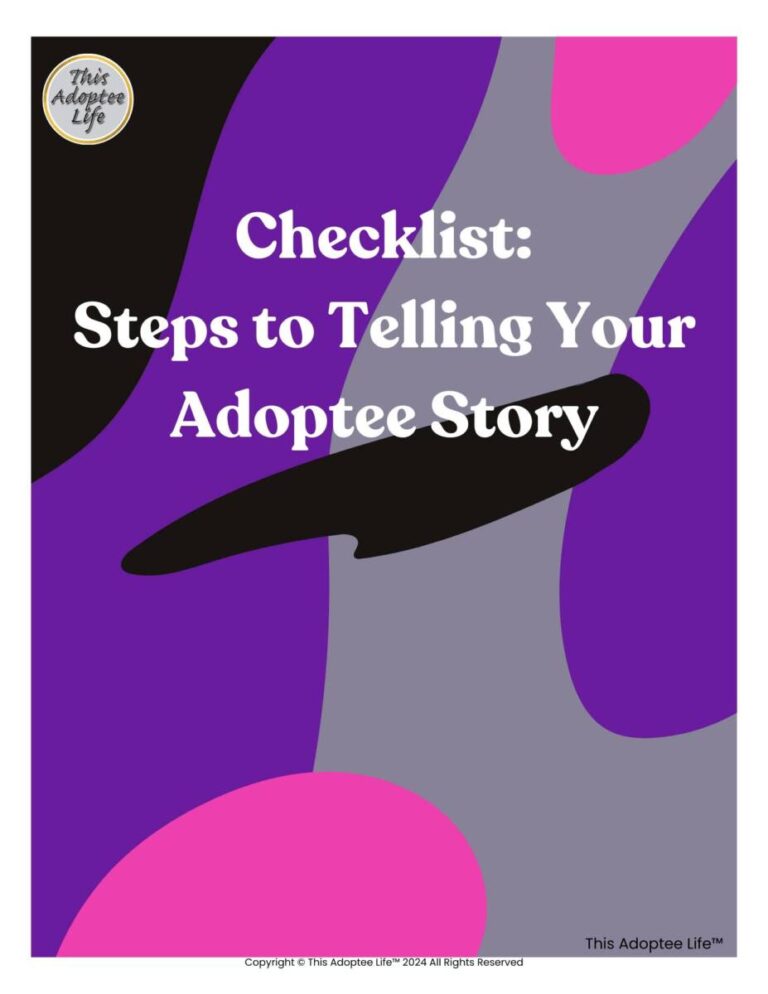
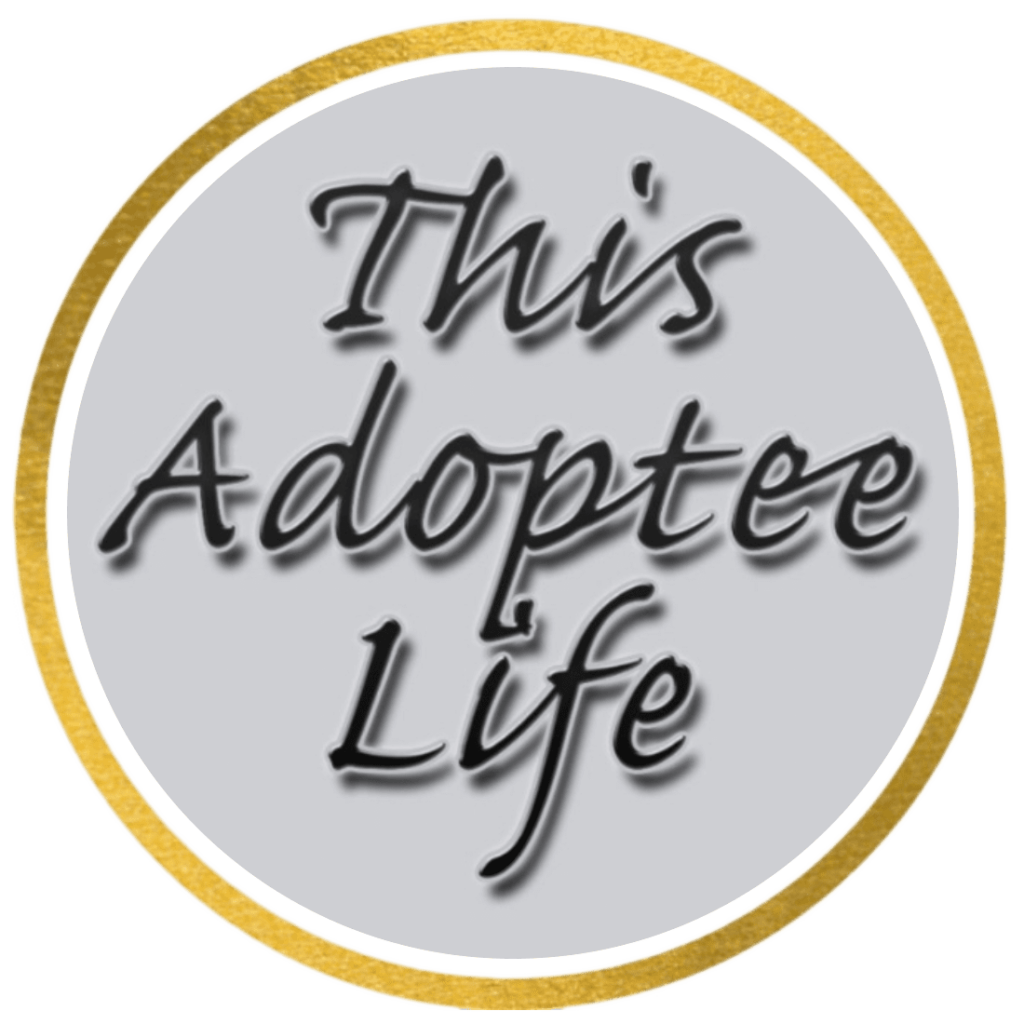
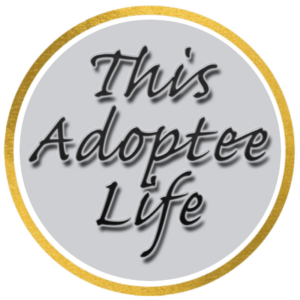
3 thoughts on “Adoptee Story: David B. Bohl”
Thankyou for sharing David! Your words resonate and I’ve been supporting other adoptees who also turned to alcohol to dull the pain, block out the feelings … my wish is that professionals and experts learn more about the impacts of trauma in relinquishment – there’s a reason why adoptees are over represented in AA and other addictions but we need professionals to dig beneath the surface and help adoptees find true healing not just from alcoholism (symptom) but the underlying cause of the trauma.
Like yours, this story is also from a recovered alcoholic of 40 years who is a transracial adoptee. He met my network for intercountry and transracial adoptees and it changed his life!
https://intercountryadopteevoices.com/individual-stories/stories/my-own-personal-holocaust/
https://intercountryadopteevoices.com/individual-stories/stories/free-as-a-bird/
This is a beautiful and powerful story. Thank you for sharing David.
The mother who birthed us did not relinquish us, but did relinquish her custody of us-or abandoned us to the mercy -or not-of the state. Relinquished custody and abandonment are two entirely different actions. If we were infant or baby to early toddlerhood when maternal -child separation occurred, we have no recall of these events; however, the memory of them is buried under the millions of events we have had since then.
Relinquished custody leaves the child is a secure environment where the child is fed, clothed, and monitored until transferred to a care facility or to adopters. Abandonment is the action which leaves the child(ren) in an unprotected state with no shelter, food, identification, and vulnerable to great harm. This is a malice of forethought -usually done by those who do not want the child(ren) to be any part of their lives. Often it is done in co-agreement with the the parents who conceived them, as was the case of me and my younger sister in 1948 when our parents, who kept our brother with them, abandoned us in the complex of a county dog pound. Although in all states, child abandonment is a a felony, it is one crime for which the felons are too often never sanctioned or punished. My sister to this day does not know that she is an adoptee because the general consensus of the courts and so-called protective agencies felt that we adoptees should never be told that we were not the natural children of the adopters. I was 5 1/2 years old when adopted-no one could deceive me about my real and very painful reality fostered by the very society that should have protected me and her from the great harm done. My sister was not yet walking and about 8-9 months old when we were separated. It is neither me nor my sister to have shame, but the courts, the society, the evangelical church doctrines who bear the shame for allowing me to be abused by adopters and my parents, and taken from the maternal Magyar grandparents who for ca 20 mos. protected me from their daughter and her husband.
Children are innocent of their parents’/adopter’s and their society’s crimes against them. We have no part -except to have been victimized as children-in what has been perpetrated on us. The sins of the parents/adopters are NOT visited on the child!
My childhood experience with those who knew I was adopted was much different than David’s description. Children don’t have the same perceptions about differences that adults do. The whole community knew I was an adoptee, as did the school , the church, the family GP, and the mutts on streets. Only occasionally did some kid raise the issue of my status thinking I didn’t know -and always the ‘your own parents didn’t want you ‘ challenge to put me in my place of inferior human child. I’d simply reply that I was well aware of my own circumstances-none of which were their business.
Islam prohibits what you know as ‘adoption’ because it obliterates the child’s true identity and takes away natural ties and the bonds of DNA and kith & kin, not to mention lineage and inheritance of both origin and property rights. Only in the west is is acceptable to take a child from its natural moorings! As the Qur’an states, “No child has but ONE mother.” (and father)
I leave you with this thought:
God grant me the serenity to accept the things I cannot change, the courage to change what I can , and the wisdom to know the difference.
BTW:
Alcoholism is, for the most part, a genetic anomaly passed from parent to child.
Adaptation is a tool necessary to survive. Those who cannot adapt are forever caught in the quagmire of what is in the past and beyond being undone or changed.